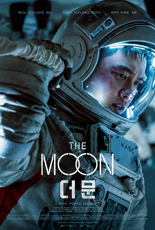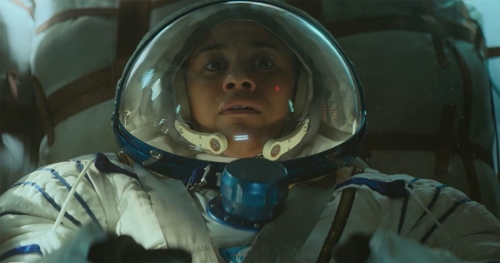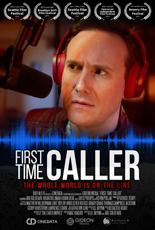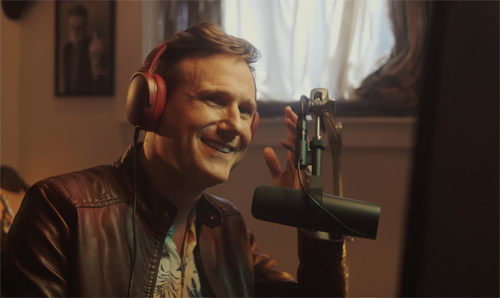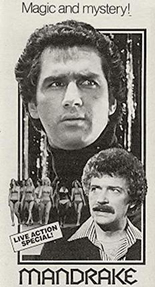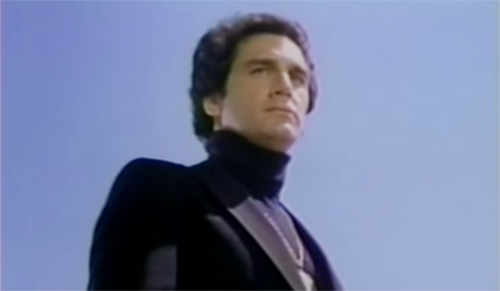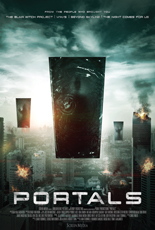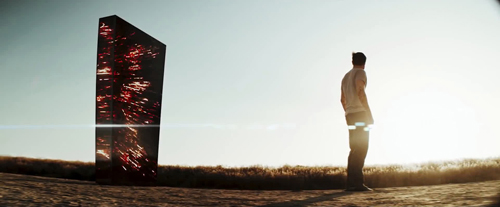
Five years after South Korea’s first moon mission proved a spectacular failure, another generation bravely steps up to try again. Poignantly, among this new trio is Hwang Sun-woo, whose father was among the astronauts who perished in that original endeavor.
The new astronauts’ rocket launches without incident. But just when they’re about to enter lunar orbit, a solar flare knocks out comms. While attempting to fix it, Sun-woo’s zero-grav colleagues are killed in an accident, leaving him in the command module all alone. With a meteor shower en route and an oxygen supply ever-dwindling, Sun-woo’s only hope for survival is the first mission’s flight director and capsule architect, Kim Jae-guk, aka the man he holds responsible for his dad’s death.
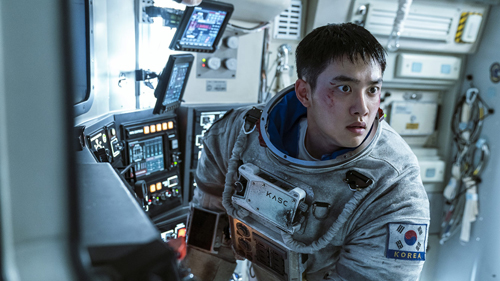
As our heroic astronaut trapped on the dark side of the orb of green cheese, Kyung-soo Do is fine, if a bit too wiry for a believable space-cadet build. He seems to have been cast more for looks than acting, which may be the case, as I’ve since learned he rose to fame as a former member of the K-pop boy band Exo. The film’s true emotional weight comes from Sol Kyung-gu (2012’s The Tower) as Jae-guk, doing his damndest to right a past wrong and assuage his own guilt. Essentially, he’s in the Ed Harris role of Apollo 13, with fewer degrees of separation to those above.
It’s impossible to credibly discuss The Moon without mentioning Apollo 13 or The Martian, as writer/director Kim Yong-hwa (the Along with the Gods duology) cribs liberally from both. And that’s fine since he does it so skillfully, accentuating his ticking-clock narrative over expensive effects (impressive though they are) because having Things Go Boom shouldn’t be No. 1 on the call sheet. With technical gabber adding realism (or a convincing approximation) to a precarious situation veering from “all systems go” to “no” and back again, The Moon rises into an intelligent crowdpleaser — hard sci-fi with a soft human touch.
Sometimes that touch is too soft, as when characters lock into awestruck Spielbergian stares, mouth agape. Can you imagine The Martian concluding with Jeff Daniels congratulating his NASA colleagues across the room with Taylor Swift’s hands-in-shape-of-heart gesture? —Rod Lott

